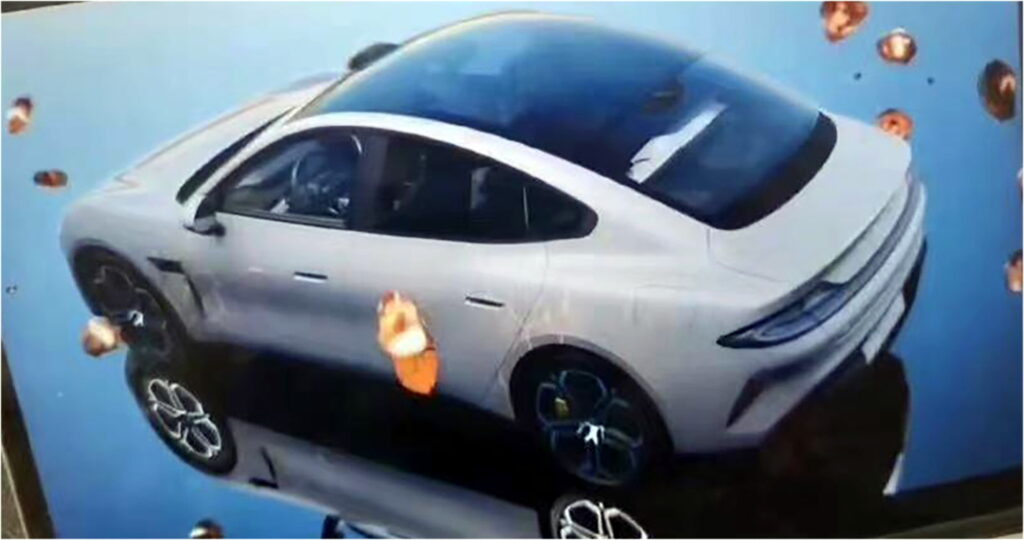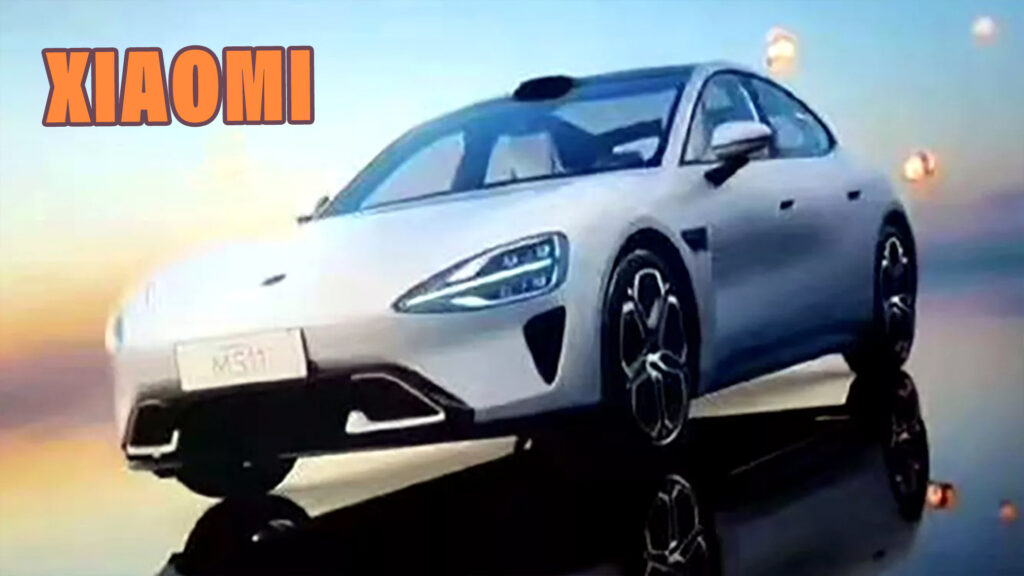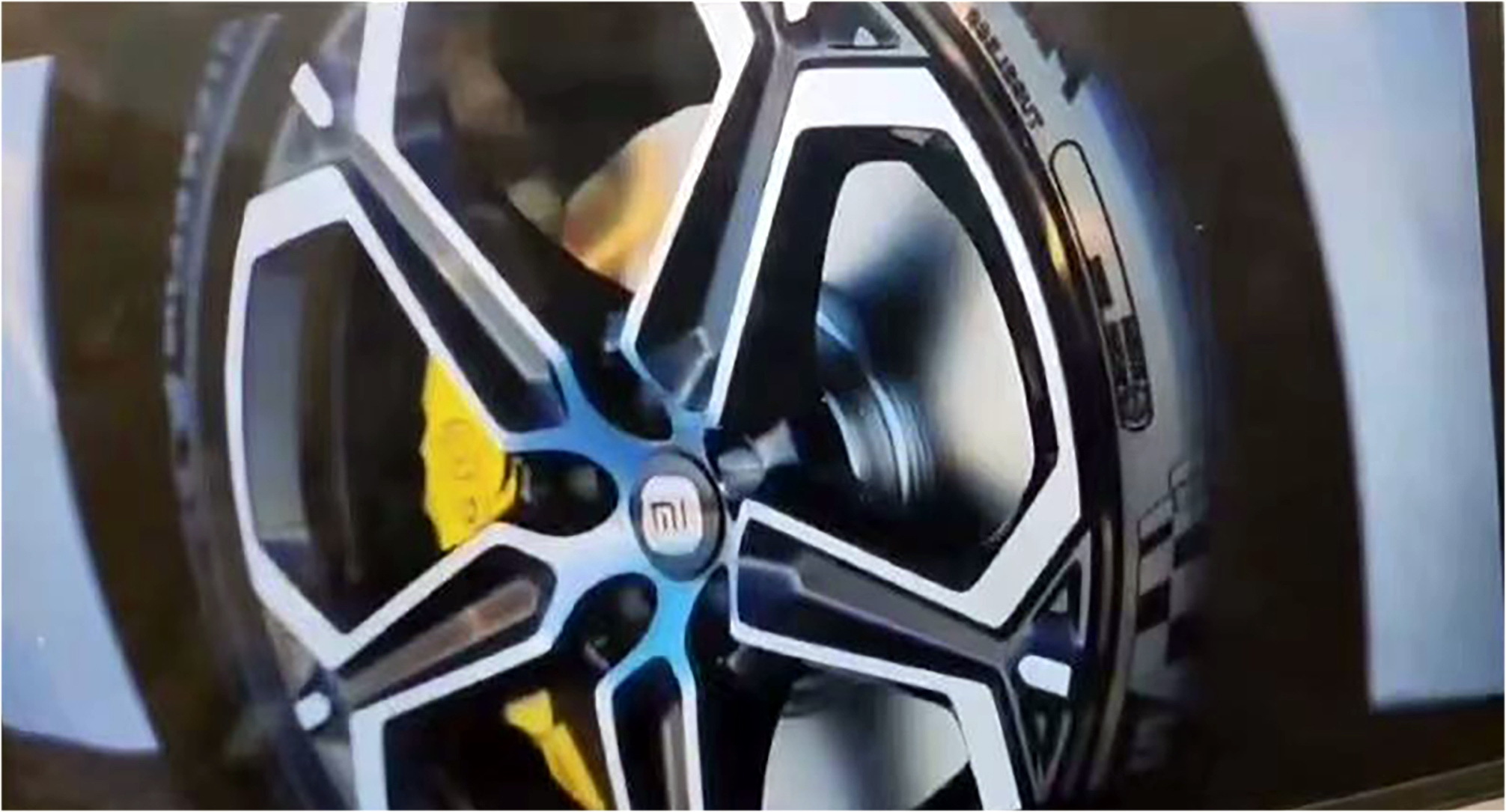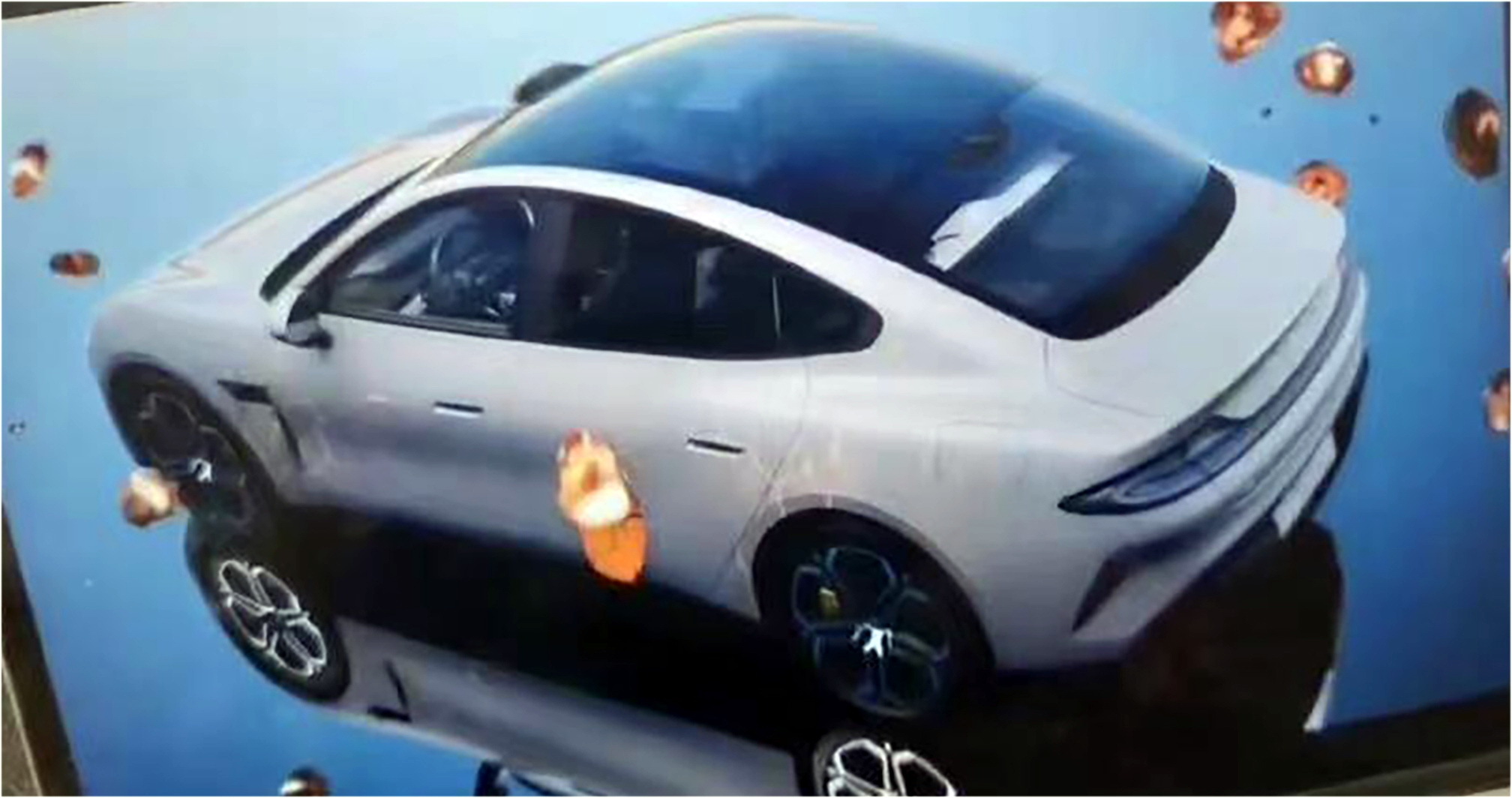It’s now two years since smartphone firm Xiaomi formed its electric vehicle unit and announced plans to build EVs. But in China, those kinds of plans need to get the go-ahead from the government before production can start, and that approval has been difficult for Xiaomi to secure – until now.
Almost exactly 12 months after we reported that the company was facing delays in winning a license to start production we hear from China that Xiaomi has finally got the go-ahead from China’s National Development and Reform Commission.
The NDRC is in charge of regulating new investment in the auto industry and scrutinizes proposals to weed out weak-looking projects that look likely to fail, something that’s become more likely due to a combination of a glut of available EVs and a slowdown in demand. Reuters reports that Xiaomi’s EV business is only the fourth of its kind to get the NDRC’s seal of approval in almost six years, something America’s Lucid has yet to achieve.
Related: Phone Maker Xiaomi’s MS11 EV Leaks, Looks Like A McLaren Sedan

So it’s good news for execs at Xiaomi, but they won’t be popping whatever the equivalent to champagne is in China just yet (it’s surely bigger, cheaper, and comes with a karaoke player). There’s one more regulatory hurdle for the project to jump through, and that’s to get a final greenlight from the country’s Ministry of Industry and Information Technology (MIIT). The MIIT checks out new cars to make sure they meet safety and tech standards, and when it’s done it thoughtfully publishes the pictures and tech details on its website so we can get a scoop on those new cars before the automakers are ready to show us.
Not that we need to wait for the MIIT in this case. Images leaked earlier this year showed Xiaomi’s MS11, a four-door coupe-style sedan with a face like a McLaren 750S, flush door handles, Brembo brakes, and a roof-mounted Lidar sensor for its advanced autonomous features.
The company is investing $10 billion over the coming decade in its EV projects and has already commissioned a new factory in Beijing capable of producing 200,000 EVs every year once it’s hit its stride. But Reuters sources claimed that the factory would only produce 100,000 vehicles in 2024, its first year of operation.
Source: Reuters









